Letter to the Editor: Concern for Patients Seeking Eyecare in Kentucky

To practice optometry in Kentucky, as in other states, one must currently pass the three-part exam administered by the National Board of Examiners in Optometry (NBEO). A proposed amendment would allow applicants to substitute the written portion of the Optometry Examining Board of Canada (OEBC) exam instead of taking part one of NBEO’s test. When I asked the Kentucky Board of Optometric Examiners about this proposal, Christi LeMay, who is listed as the contact person on the document emailed me the proposed edits to 201 KAR-5-010 REG and regulatory impact statement. The documented necessity of the regulation is “Post pandemic, there were a number of optometry school students that could not pass the National boards.”1 To my knowledge, this regulatory amendment has already passed a subcommittee review, and will be made final unless the Kentucky House Standing Committee Health Services votes against it in the next 2 months. I see a number of potential issues with the proposed amendment and worry that without an increase in awareness of this proposed change, Kentuckians will be at risk, and Optometric standards will be decreased. I was not aware of this change until mid-April 2025, although the period for public comment started in November 2024 and a committee voted on it on April 14, 2025. None of my Kentucky Optometry acquaintances were aware of the proposal before this time.
Currently, the 3-part NBEO-administered test measures the knowledge and skills necessary for entry into the profession. Most readers of this journal likely know this test well, having had to study hard to pass it. Part 1 tests “Applied Basic Science” including anatomy, biochemistry, immunology, optics and pharmacology. The amendment would allow this test to be skipped if the OEBC exam is submitted. From the OEBC website (OEBC.CA) the alternate test covers: Clinical Expertise, Collaboration, Patient-centered care, Scholarship, and Practice Management. These two tests seem to be quite different and not interchangeable. My opinion is that allowing substitution of one of the tests for a seemingly easier-to-pass test is not a good move for the future of Optometry, especially as our role in eyecare in the USA is expanding to allow for minor surgical procedures, requiring in-depth knowledge of anatomy, and more therapeutic drugs, requiring knowing pharmacology. I am also concerned that the OEBC test is listed as an online test and although it is remote proctored per their website I am not confident that dishonest students would be stopped from cheating on such a test.
As a Kentucky Optometrist, I am deeply concerned how this proposed amendment will impact the health and vision of Kentuckians. I believe that we do not need to lower our standards by removing subjects that are integral to our work from our required testing. If the longstanding system is no longer accurately testing candidates, Optometry schools and licensing boards should seek to create a system tailored to the expanding US scope of practice. I also believe that any new testing systems, if required, should include basic science, anatomy and pharmacotherapy. They should be administered in a way that ensures fairness across the country and honesty of the candidates. The General Assembly’s Interim Joint Committee on Health Services must reject the proposed regulatory amendment to 201 KAR 005:010.
Jacob Hillard, OD, MS
Somerset, KY
References
- Personal communication with listed contact person Christi LeMay on 4/16/25, regulatory impact analysis and tiering statement of the proposed amendment to 201 KAR 5:010. Filed with LRC 8/30/24.
Dr. Hillard has OD and MS degrees from Indiana University, where he became interested in Ocular disease and imaging. He completed a VA residency in Lexington, Ky and a research fellowship at the Boston VA. He conducted studies, published articles in multiple journals, and taught optometry students and residents. He practices at a community VA clinic in Kentucky.










